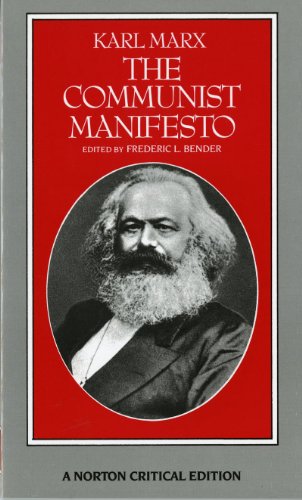

Later, Marx moved to Paris, where he found friends in a communist community. When Marx graduated, he wanted to teach Hegelian’s philosophies, but, as Greene states, Prussia “forbade the teaching of liberal and Young Hegelian ideas.” Due to this ban, Marx moved to Germany where his articles for a radical newspaper were repeatedly censored. Hegel’s democratic ideas clashed with totalitarian Prussia, Marx’ home. However, he became interested in philosophy, especially the works of Georg Wilhelm Friedrich Hegel. As Greene mentions, “Marx, the son of a prosperous German lawyer” in Prussia, was on the path to become a lawyer (Greene). The upbringings and the lives of the authors provide context into their communist beliefs. Marx and Engels believed that the proletariat had the power and numbers to overthrow the capitalist system and then slowly establish a communist system (Marx & Engels, 20-24). However, the Communist Party aimed to unite the proletariat, put them in control, and decentralize the power. In this class struggle, the bourgeoisie attempted to keep the proletariat class divided in order to avoid any conflict. While they positively addressed the technological advancements occurring in the Industrial Revolution, they critiqued the greed and materialism of the bourgeoisie (Greene). Marx and Engels were in the midst of the Industrial Revolution (Greene).

In Marx and Engel’s time, the most recent class struggle was between the bourgeoisie and proletariat in a capitalist system. The “class struggles” or revolutions destroy the current capitalist system, but create “new conditions of oppression” (Marx & Engels 14). The text analyzes the ongoing creation and destruction of two classes (upper class and lower class) and government systems in western societies. Since its publication, The Communist Manifesto by Karl Marx and Friedrich Engels has been historically controversial due to its critique of capitalism and its advocacy of communism (Brians). “In this sense, the theory of the Communists may be summed up in the single sentence: Abolition of private property” (Marx & Engels 22).Ĭommunism is a political and economic system where there is communal ownership of property and businesses, which is in stark contrast to the current capitalist system. Where: Turkey, The United States, Germany


 0 kommentar(er)
0 kommentar(er)
